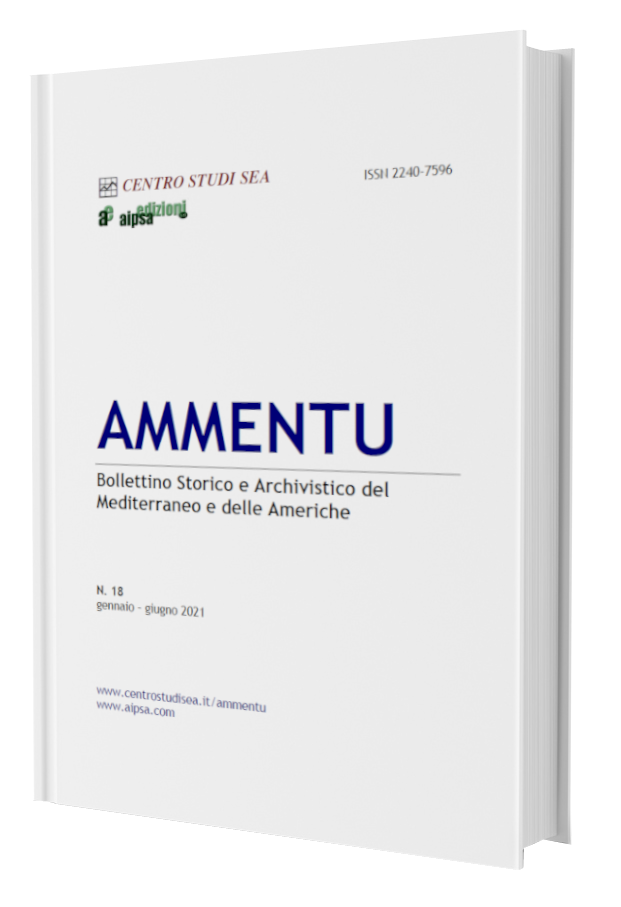Jesuits of America”, the valuable documentary collection declared “Memory of the World”, guarded by the National Archive of Chile
DOI:
https://doi.org/10.19248/ammentu.397Abstract
The Jesuits of America Fund, kept in the National Archive of Chile, was registered in the International Register of the Memory of the World in August 2003. This collection corresponds to documentation produced by the Board of Directors of Temporalidades Jesuitas, an institution created by the Spanish Crown to administer the property left by the Order of San Ignacio, after which in 1767 it was decreed to be expelled from the territories under the rule of the Spanish Monarchy. The Fund includes a series of original pieces that belonged to the order and are related to the inventory of the vast Jesuit properties, accounting books, royal ordinances, correspondence, reports, reports and abundant data on their religious, educational and economic activities. Thus, this valuable Documentary Heritage is an indispensable reference for the international community interested in studying the universal work of the Society of Jesus in Spanish America and the information contained in more than 128,000 pages of paper, is intrinsically related to the history of the West and of the vast Spanish Empire between the seventeenth and nineteenth centuries. The documentary fund kept in Chile, is composed of 433 volumes including documents issued from 1561 to 1800 in Argentina, Colombia, Bolivia, Chile, Ecuador, the Philippines, the Antilles, Mexico, Panama, Peru, Venezuela and Spain, which detail the background on the evangelization of natives, acts of the Boards of Temporalities, both municipal and provincial, and reports on the destiny of goods of the Society of Jesus that were sent to Spain or that were sold in the same colonies.
Downloads
Published
Issue
Section
License
Note on the copyright
The Copyright Notice below must be included with the journal information and in the metadata for each published article. Although every journal can freely determine the nature and scope of the copyright agreement with its authors, the Public Knowledge Project recommends the use of a Creative Commons license. For these purposes, an example is provided and may be copy and pasted in the space below for those journals that (a) offer open access, (b) offer deferred open access or (c) do not offer open access.









